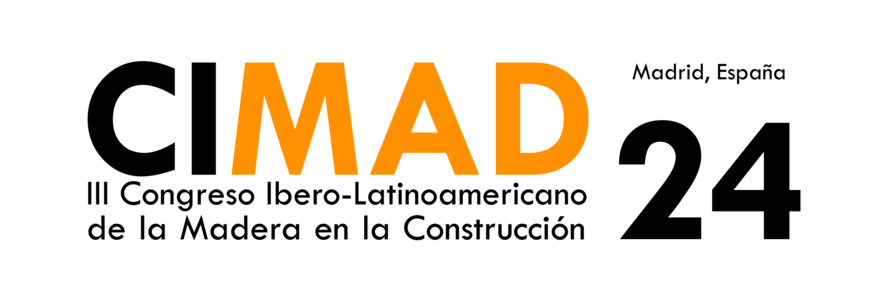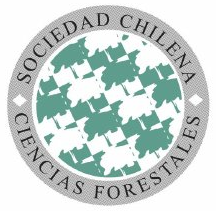Bonding behavior of Eucalyptus benthamii wood to manufacture edge glued panels
Keywords:
surface preparation, adhesive, pressure, finger jointAbstract
The main objective of this study was to evaluate the performance of Eucalyptus benthamii Maiden et Cambage wood for the production of edge glued panels. Wood pieces with planed and sanded surfaces were bonded using cross-linking polyvinyl acetate (PVAc) and polyurethane (PUR) based adhesives, at pressures of 0.7 MPa and 1.0 MPa. The same adhesives were used for finger jointing at a pressure of 1.5 MPa. The bonding strength was determined through glue-line shear strength and bending test for finger jointing. According to the results, the pressure and surface preparation variables did not influence the glue-line shear strength of the adhesive PVAc, whereas for the PUR adhesive strength was influenced by the pressures and machining used. All treatments met the minimum values required by the standard; however, the highest bonding strength was found in the sample glued with PUR adhesive at a pressure of 1.0 MPa and sanded surface. The highest modulus of rupture was obtained in the samples glued using PVAc, while the modulus of elasticity was not affected by the type of adhesive used. These results enabled concluding that with regard to its technological properties assessed in the present study, E. benthamii wood is suitable for the production of edge glued panel.
Downloads
Downloads
Published
How to Cite
Issue
Section
License
Copyright (c) 2015 Sabrina A. Martins, Cláudio H. S. Del Menezzi, Joana M. Ferraz, Mário R. de Souza

This work is licensed under a Creative Commons Attribution 4.0 International License.
Los autores/as conservarán sus derechos de autor y garantizarán a la revista el derecho de primera publicación de su obra, el cuál estará simultáneamente sujeto a la Licencia de Reconocimiento de Creative Commons CC-BY que permite a terceros compartir la obra siempre que se indique su autor y su primera publicación esta revista.
































